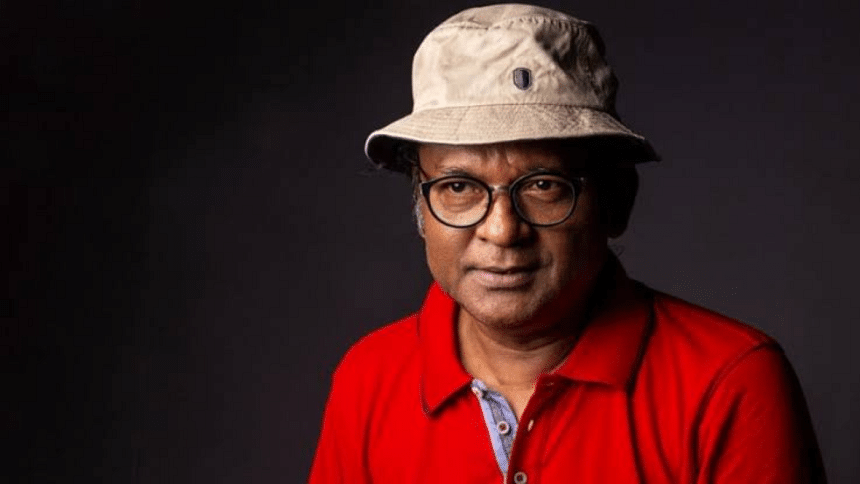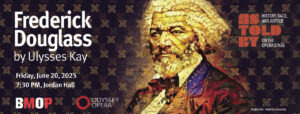On Tuesday, the names of 17 actors, including Suborna Mustafa, Apu Biswas, Nusraat Faria, and Nipun, were listed as accused in an attempted murder case. The court had ordered the case to be filed on Monday. On the same day, actor Siddique was assaulted and humiliated before being handed over to Dhaka's Ramna Police Station.
Azad Abul Kalam, president of the Actors' Equity, has expressed concern after hearing about these incidents. He emphasised the need for social resistance against the increasing trend of filing such cases and called on the interim government to take action to prevent them. In an interview with Prothom Alo, Azad Abul Kalam stated, "There's a growing number of murder cases being filed.

It seems like everyone is being included in these accusations. The idea of having 300-400 people accused in a single case is absurd. Would an artist like Suborna Mustafa go out and shoot people? The person who filed the case was injured and shot during protests and named many people in the lawsuit.
Now I see that artists' names are being included — are we supposed to believe that they went out and shot people?" Reflecting on the participation of many artistes in Awami League government events over the past 16 years, Azad Abul Kalam said, "Artistes may have occasionally spoken in support of the government, and they might have their own political views. But many have also taken a stand for the people. I've seen most of them post on Facebook during the mass uprising, speaking out for the public.
" "Artistes, by nature, are public figures who work for the welfare of society. To indiscriminately drag them into lawsuits, one after another, publicly humiliate them, and wrap their lives in insecurity is a strange and dangerous culture," he added. The president also expressed his disbelief over Iresh Zaker being implicated in the case.
"Iresh Zaker has been with us on the streets since July. This kind of baseless accusation is damaging to the social fabric, and there must be a social resistance against this. The interim government must also act to prevent and discourage such lawsuits," said Azad Abul Kalam.
He further pointed out, "If it's proven that none of the artistes fired any shots, the case will be proven false. In such cases, there should be consequences for the accuser." Azad Abul Kalam strongly believes that these unfounded lawsuits are harming the reputation of artistes.
He said, "The way these murder accusations are being publicised, it gives the impression that the artistes have actually killed someone. Now they're being labeled as financiers. But we know what financial means these artistes have.
Where would they get enough money to hire people to kill? This is an absurd claim. The government needs to take a firm stance against this and make it clear that if these cases are proven false, the accusers will face strict punishment." Addressing the attack on Siddique, Azad Abul Kalam said, "What happened to Siddique was mob violence, and it's not being stopped.
It feels as though mob violence is being silently condoned, as if saying 'Go ahead, do it. We have nothing to do with it.' A person can have political views, but Siddique is a well-known actor, and some people grabbed him off the street and beat him up.
" He continued, "A group physically assaulted him, stripped off his clothes, and then handed him over to the police. If the goal was to hand him over to the authorities, why take the law into your own hands in the first place? This mob justice is creating chaos in society. If this continues, it will escalate into even worse forms of violence.
Government must take a firm stance against mob violence wherever it happens." Azad Abul Kalam said, "There is a process for raising allegations against someone. Whether it's an artiste or a working-class person, you cannot call someone a criminal until their guilt is proven.
You cannot humiliate them socially. If this pattern continues — filing cases and publicly shaming people — then we will only see deeper divisions in society." "The inclusive society we strive for, the one inspired by the 2024 mass uprising, must not allow such divisions.
There should be room for understanding, but if this continues, the divide will only grow wider. Everything happening now is contrary to the aspirations of that mass uprising," he concluded. On Tuesday, the names of 17 actors, including Suborna Mustafa, Apu Biswas, Nusraat Faria, and Nipun, were listed as accused in an attempted murder case.
The court had ordered the case to be filed on Monday. On the same day, actor Siddique was assaulted and humiliated before being handed over to Dhaka's Ramna Police Station. Azad Abul Kalam, president of the Actors' Equity, has expressed concern after hearing about these incidents.
He emphasised the need for social resistance against the increasing trend of filing such cases and called on the interim government to take action to prevent them. In an interview with Prothom Alo, Azad Abul Kalam stated, "There's a growing number of murder cases being filed. It seems like everyone is being included in these accusations.
The idea of having 300-400 people accused in a single case is absurd. Would an artist like Suborna Mustafa go out and shoot people? The person who filed the case was injured and shot during protests and named many people in the lawsuit. Now I see that artists' names are being included — are we supposed to believe that they went out and shot people?" Reflecting on the participation of many artistes in Awami League government events over the past 16 years, Azad Abul Kalam said, "Artistes may have occasionally spoken in support of the government, and they might have their own political views.
But many have also taken a stand for the people. I've seen most of them post on Facebook during the mass uprising, speaking out for the public." "Artistes, by nature, are public figures who work for the welfare of society.
To indiscriminately drag them into lawsuits, one after another, publicly humiliate them, and wrap their lives in insecurity is a strange and dangerous culture," he added. The president also expressed his disbelief over Iresh Zaker being implicated in the case. "Iresh Zaker has been with us on the streets since July.
This kind of baseless accusation is damaging to the social fabric, and there must be a social resistance against this. The interim government must also act to prevent and discourage such lawsuits," said Azad Abul Kalam. He further pointed out, "If it's proven that none of the artistes fired any shots, the case will be proven false.
In such cases, there should be consequences for the accuser." Azad Abul Kalam strongly believes that these unfounded lawsuits are harming the reputation of artistes. He said, "The way these murder accusations are being publicised, it gives the impression that the artistes have actually killed someone.
Now they're being labeled as financiers. But we know what financial means these artistes have. Where would they get enough money to hire people to kill? This is an absurd claim.
The government needs to take a firm stance against this and make it clear that if these cases are proven false, the accusers will face strict punishment." Addressing the attack on Siddique, Azad Abul Kalam said, "What happened to Siddique was mob violence, and it's not being stopped. It feels as though mob violence is being silently condoned, as if saying 'Go ahead, do it.
We have nothing to do with it.' A person can have political views, but Siddique is a well-known actor, and some people grabbed him off the street and beat him up." He continued, "A group physically assaulted him, stripped off his clothes, and then handed him over to the police.
If the goal was to hand him over to the authorities, why take the law into your own hands in the first place? This mob justice is creating chaos in society. If this continues, it will escalate into even worse forms of violence. Government must take a firm stance against mob violence wherever it happens.
" Azad Abul Kalam said, "There is a process for raising allegations against someone. Whether it's an artiste or a working-class person, you cannot call someone a criminal until their guilt is proven. You cannot humiliate them socially.
If this pattern continues — filing cases and publicly shaming people — then we will only see deeper divisions in society." "The inclusive society we strive for, the one inspired by the 2024 mass uprising, must not allow such divisions. There should be room for understanding, but if this continues, the divide will only grow wider.
Everything happening now is contrary to the aspirations of that mass uprising," he concluded..
Entertainment

Actors Equity’s president expresses concern on lawsuits and attacks against artistes

Azad Abul Kalam, president of the Actors' Equity, has expressed concern after hearing about these incidents.














